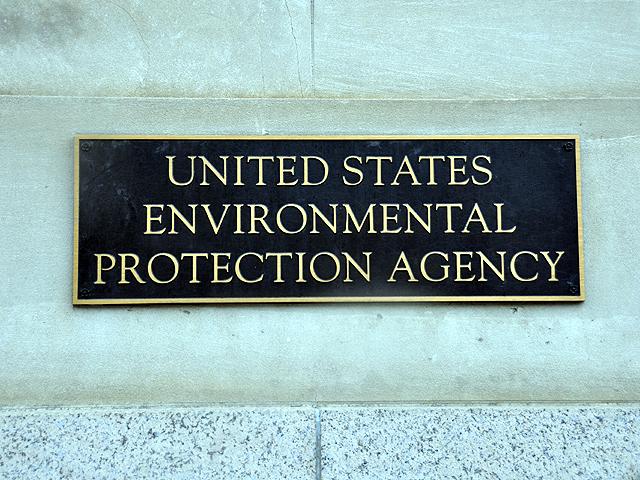Ethanol Blog
American Petroleum Institute Pushes EPA to Cut Renewable Fuel Standard Volumes
As the ethanol industry waits for volume proposals for 2021 and 2022 in the Renewable Fuel Standard expected in the coming weeks, petroleum interests have been pressing EPA to reduce volumes from their 2020 levels.
A number of media outlets have reported the Biden administration may be considering RFS relief to refining interests, even as the ethanol industry suffered two major setbacks in court in recent weeks.
The Supreme Court recently sided with refining interests in a small-refinery exemptions case, and the U.S. Court of Appeals for the District of Columbia Circuit last week struck down an EPA rule that allows year-round E15 sales.
American Petroleum Institute officials recently met with officials in EPA's office of air and radiation, trying to make a case for reducing RFS volumes, according to a June 17, 2021, letter to EPA obtained by DTN.
In the letter, API Vice President of Downstream Policy Ron Chittim referenced a meeting with EPA and reiterated API's positions on the upcoming volumes proposals.
"The statutory volumes for 2021 and 2022 are unachievable, and EPA must reduce the RFS volumes in 2021 and 2022 to feasible levels," Chittim writes.
P[L1] D[0x0] M[300x250] OOP[F] ADUNIT[] T[]
API asks the agency to use its cellulosic biofuel waiver authority to reduce statutory volumes. "However, the cellulosic waiver authority by itself is insufficient to reach a feasible set of volume standards in 2021," Chittim said in the letter. "In 2022, the problem is compounded because the statutory volume of advanced biofuel increases by an additional 500 million gallons, further reducing the effectiveness of the cellulosic biofuel waiver."
Chittim also requests EPA to use its general-waiver authority or RFS-reset authority. "We believe that a combination of these waiver provisions will be necessary in both 2021 and 2022 to keep compliance volumes feasible," he said in the letter, "avoid potential increased costs to the consumer, and maintain program stability by not exceeding the ethanol blend wall."
Some press reports indicate EPA likely is considering RFS volumes for 2021 and 2022 that are similar to current levels.
In addition, the 2020 volumes rule contained a provision to reallocate volumes in order to account for future small-refinery exemptions and to return a quantity of renewable identification numbers, or RINs, to the market.
"Instead, the small-refinery exemptions have not been and appear unlikely to be granted," Chittim said in the letter. "If the 2021 volume standards are not reduced to a feasible level, there is a significant risk that the carryover RIN balance will be depleted. Our modeling shows that the carryover RIN balance is declining and will be exhausted by the end of 2021.
"Depleting the RIN bank should be avoided as it will increase RIN market volatility, potentially increase consumer costs, and jeopardize the ability for obligated parties to comply with the RFS."
In addition, although a court ordered EPA to restore 500 million gallons to the RFS as part of a 2016 court decision, Chittim said "EPA should not consider increasing the volume standards" in response to the court decision.
"EPA should take prudent action to ensure the RFS remains viable," he said.
"A stable, functioning RFS is critical to meet the current objectives of the program in 2021 and 2022. Maintaining program stability is also important as EPA prepares to define future RFS standards starting in 2023, which could significantly increase the program's effectiveness on reducing GHG emissions from transportation."
Read the API letter here: file:///…
Todd Neeley can be reached at todd.neeley@dtn.com
Follow me on Twitter @DTNeeley
(c) Copyright 2021 DTN, LLC. All rights reserved.



